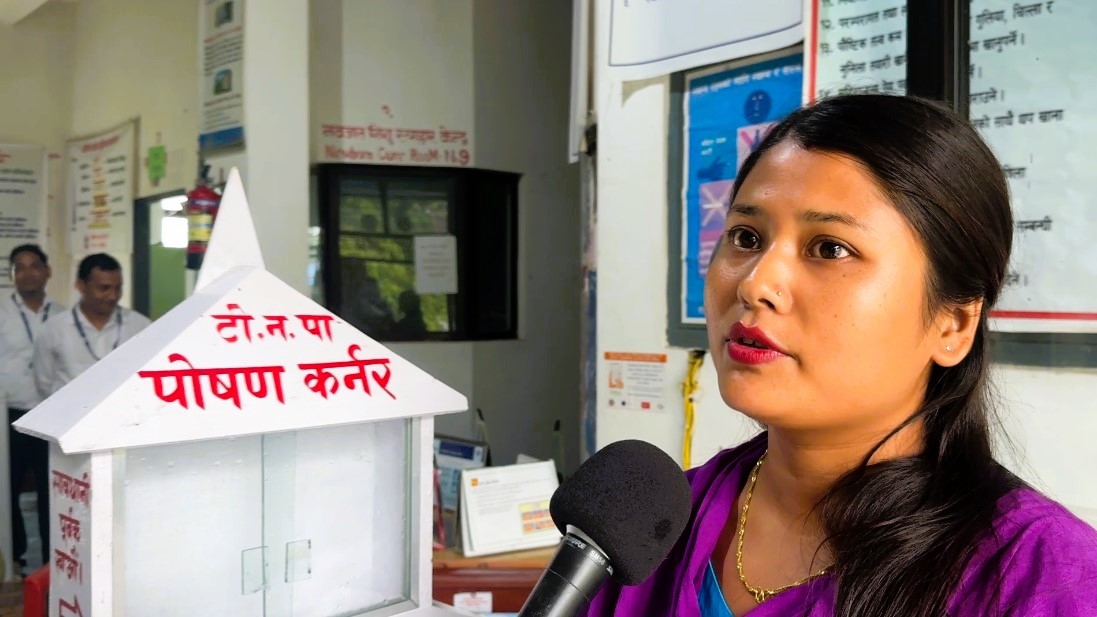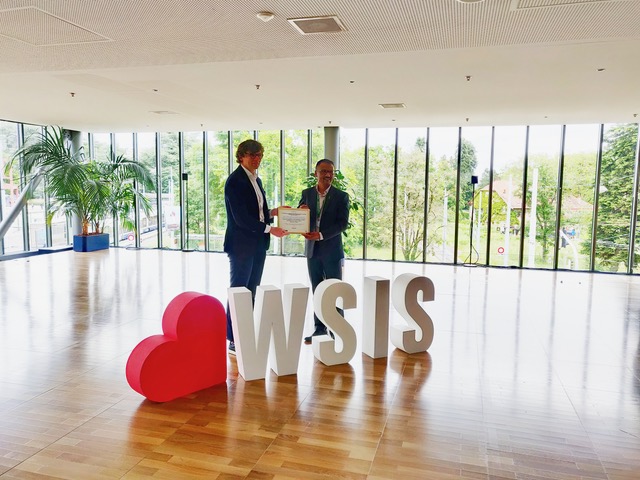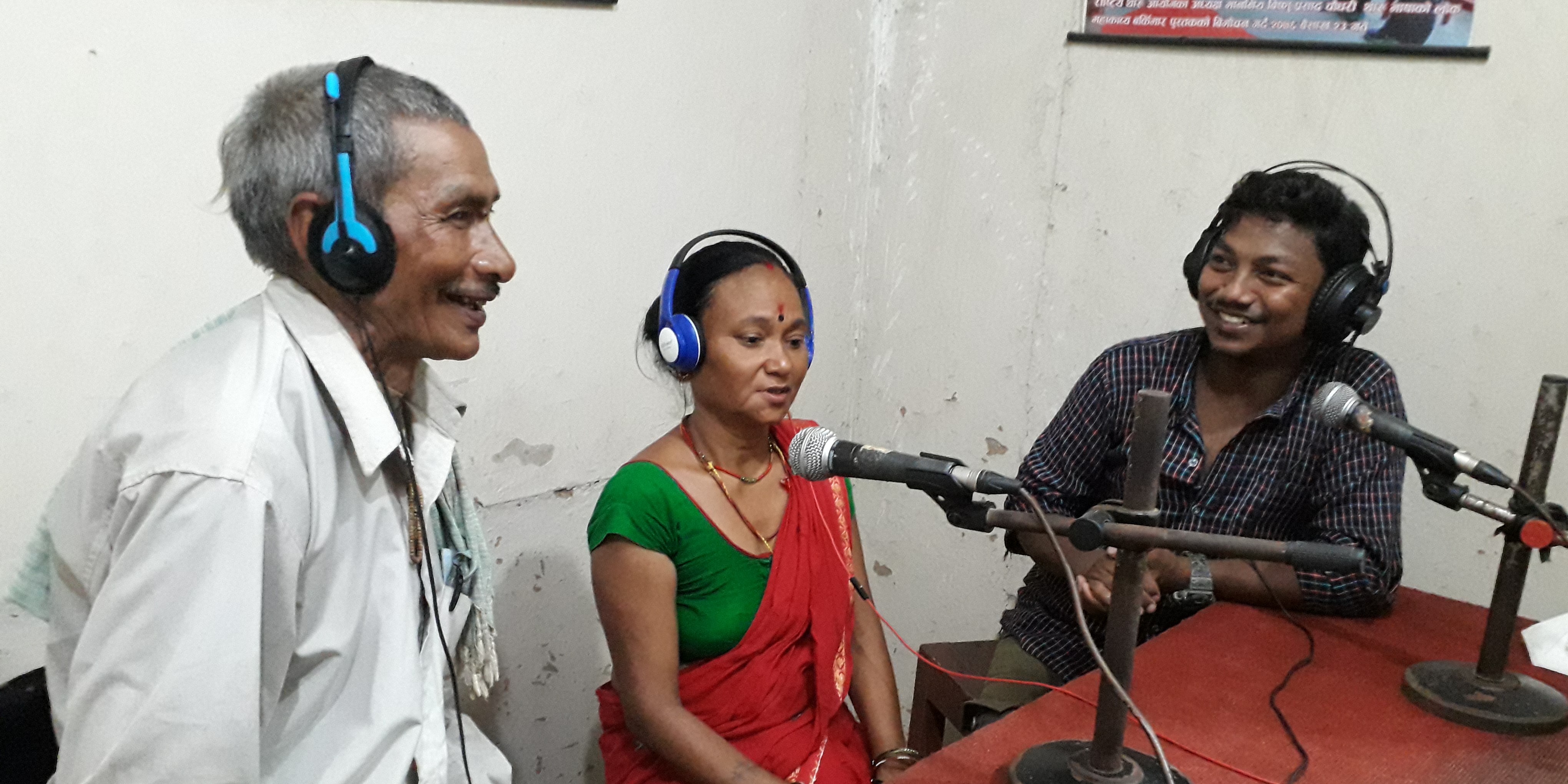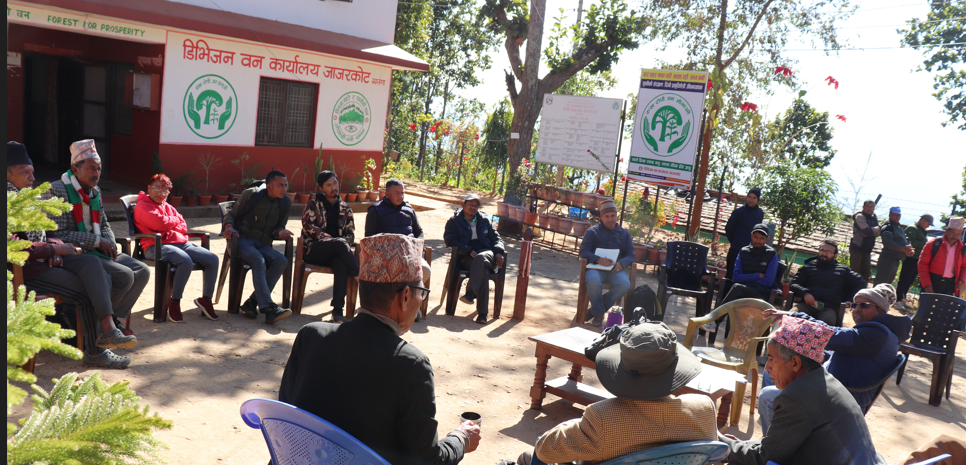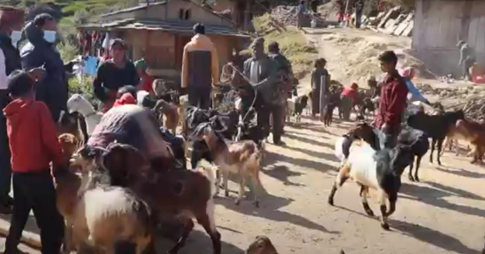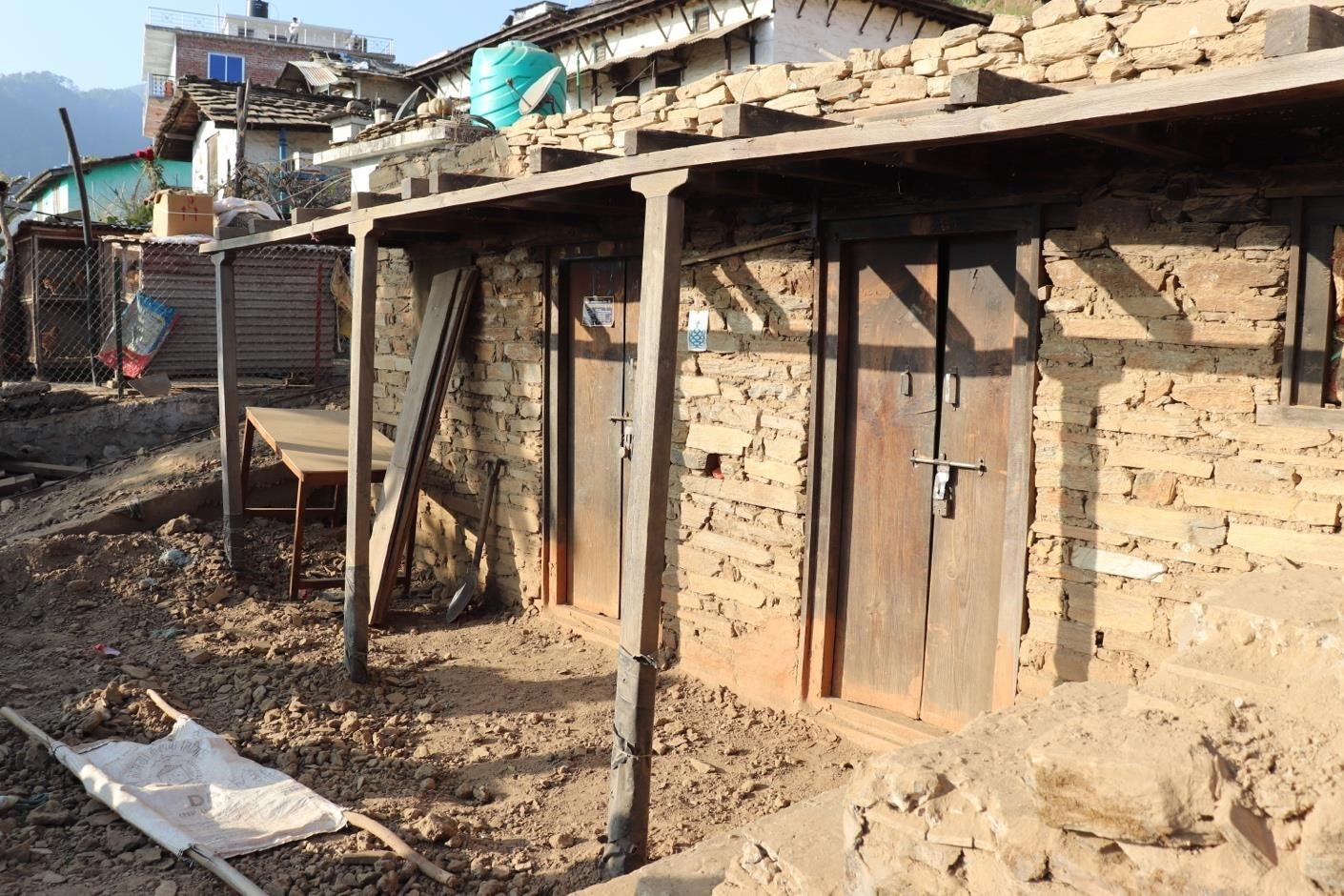2. Transforming lives through reading camps in Kanchanpur
We focus on using stories, songs, and visuals to teach,” Anju explains. “Children not only learn new skills but also share their experiences with their parents, reinforcing their knowledge at home.”The reading camps operate in five wards of Krishna Pur Municipality,
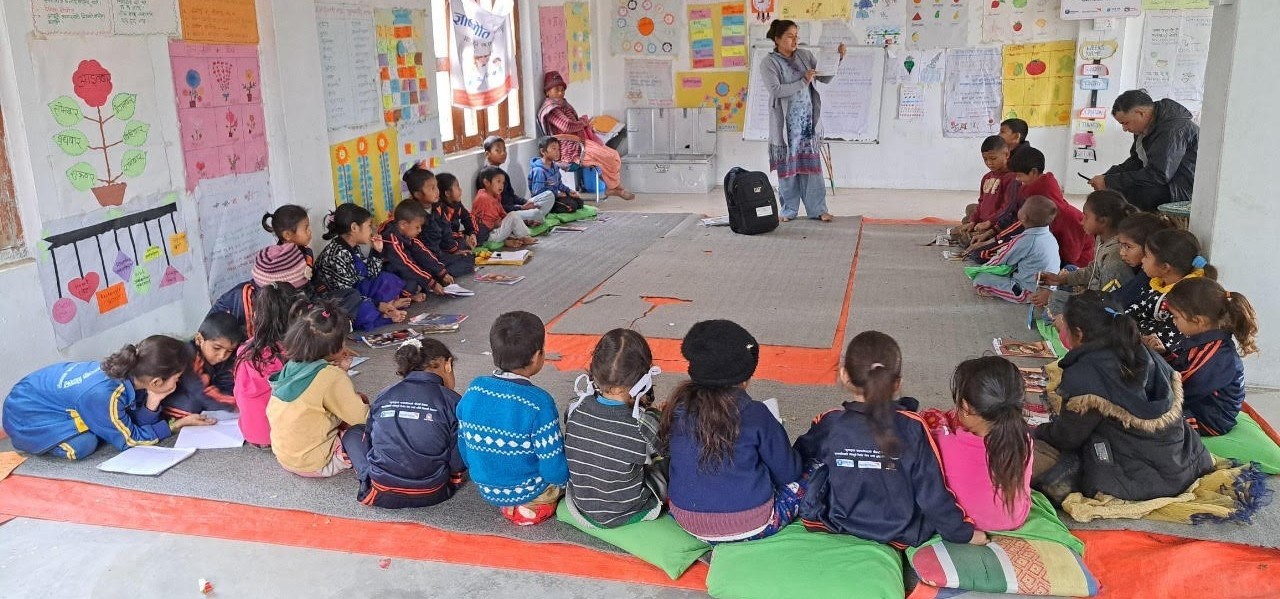
In the heart of Kanchanpur, a quiet revolution is underway, driven by the simple yet powerful act of reading. For the past two years, reading camps have been fostering a love for learning among children in Krishnapur Municipality, thanks to the collaborative efforts of the Nepal National Social Welfare Association and World Vision International. Narendra Bisht, a local parent, has witnessed a remarkable change in his children since they began attending these camps. “I’ve seen a significant improvement in their behavior and their enthusiasm for school,” he shares. This sentiment resonates throughout the community, where the camps have sparked newfound interest in education among many children. Every Saturday morning, children gather in various locations across Krishna Pur, eagerly participating in activities like singing, storytelling, and drawing. Each camp hosts around 25 eager learners, with sessions designed to last about an hour and a half. Facilitators like Anju Giri, who works at Uday Secondary School, create a nurturing environment that makes learning both engaging and fun.
“We focus on using stories, songs, and visuals to teach,” Anju explains. “Children not only learn new skills but also share their experiences with their parents, reinforcing their knowledge at home.”The reading camps operate in five wards of Krishna Pur Municipality, with 50 dedicated female facilitators leading the charge. Monitoring the camps’ progress is crucial, and school principals play an active role in ensuring quality education. Ganesh Bhatt, principal of Panchadin Ma Vi Rajghat, highlights the commitment to running these classes twice a week to maintain momentum.
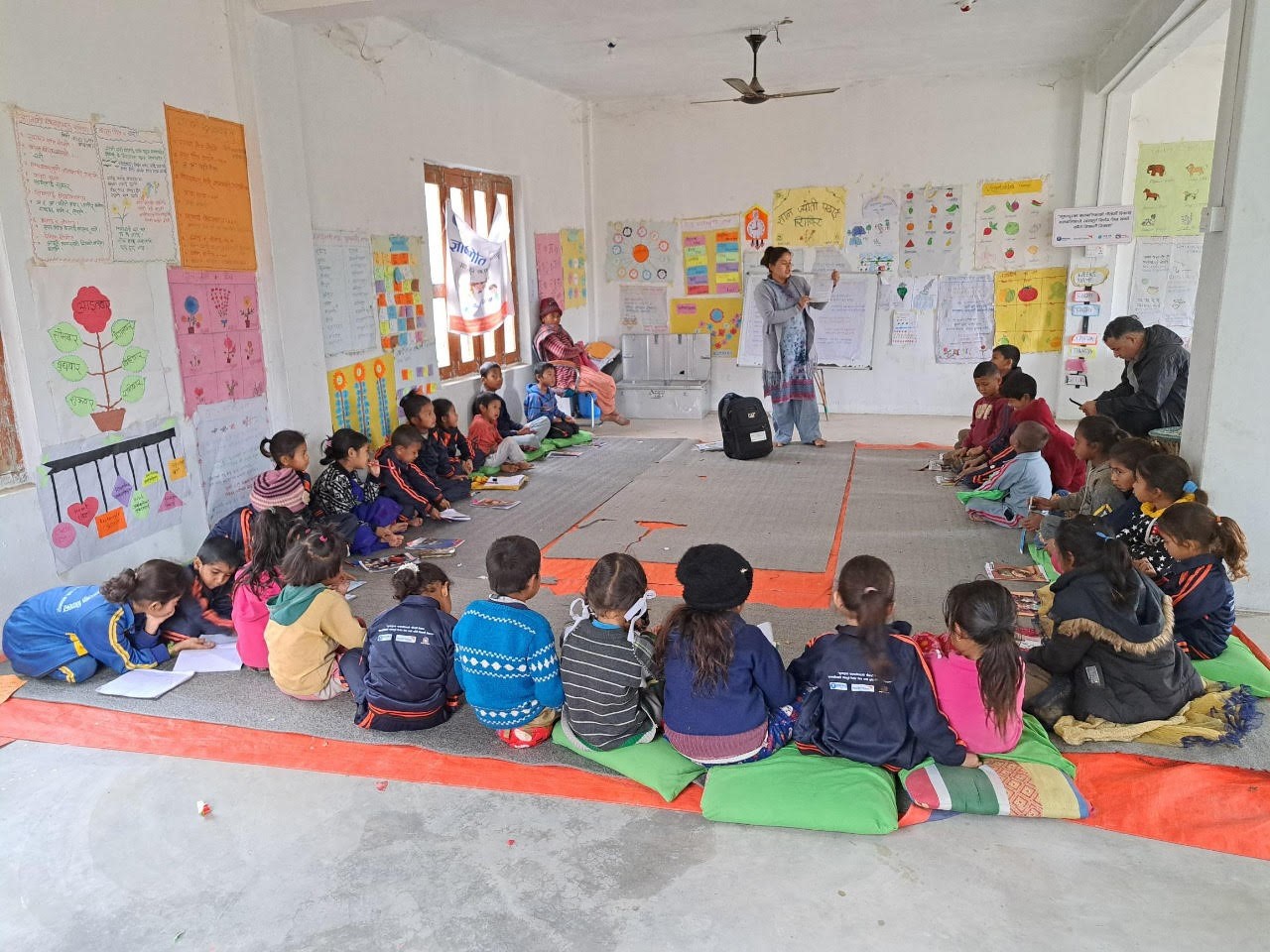 The initiative has garnered positive feedback from the community and local stakeholders. Shrijana Thagunna, an education field officer, notes that the response has been overwhelmingly supportive, emphasizing the need for such programs in the area. “This is not just about reading; it’s about building a foundation for lifelong learning,” she says. The impact extends beyond the camps themselves. Droupati Rana, the deputy mayor, emphasizes the municipality’s commitment to ensuring that children at risk of child labor and violence can access these educational opportunities. Families are encouraged to create study corners at home, fostering an environment where learning can flourish. The reading camps in Kanchanpur are not just teaching children how to read; they are transforming lives, fostering community engagement, and building a brighter future for the next generation. As children eagerly embrace learning, the entire community stands to benefit, proving that with the right support, a love for reading can truly change lives.
The initiative has garnered positive feedback from the community and local stakeholders. Shrijana Thagunna, an education field officer, notes that the response has been overwhelmingly supportive, emphasizing the need for such programs in the area. “This is not just about reading; it’s about building a foundation for lifelong learning,” she says. The impact extends beyond the camps themselves. Droupati Rana, the deputy mayor, emphasizes the municipality’s commitment to ensuring that children at risk of child labor and violence can access these educational opportunities. Families are encouraged to create study corners at home, fostering an environment where learning can flourish. The reading camps in Kanchanpur are not just teaching children how to read; they are transforming lives, fostering community engagement, and building a brighter future for the next generation. As children eagerly embrace learning, the entire community stands to benefit, proving that with the right support, a love for reading can truly change lives.


